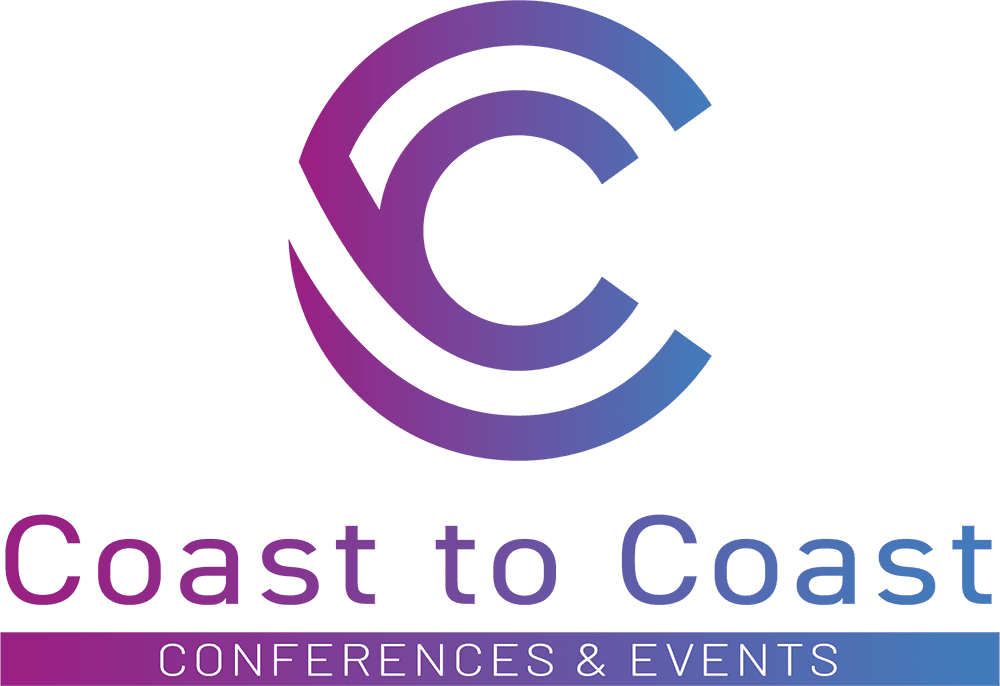If you’ve planned an event before, you know how even the smallest oversight can snowball into a major headache. From missed details to undefined goals, mistakes can jeopardize the success of your event. The good news? These pitfalls are avoidable.
Let’s explore the top three event planning mistakes and how to fix them, so you can create a seamless and memorable experience for your attendees.
1. Not Setting Measurable Goals
Strategic planning starts with defining clear, measurable goals. Without a roadmap, it’s easy to lose focus or waste resources. Whether your goal is to increase attendee satisfaction, reduce costs, or drive engagement, setting specific metrics is key to tracking success.
Quick Tip:
- Define measurable goals at the outset, such as increasing attendee satisfaction by 10% or reducing catering costs by 15%.
- Display your goals in a visible location and revisit them frequently.
- Check progress regularly and remind your team of the objectives.
- Bonus: Motivate your team with an incentive to hit these targets!
Why It Matters: Clear goals keep everyone aligned and focused, ensuring your event achieves its purpose.
2. Not Connecting With Your Audience
Understanding your audience is the foundation of a successful event. Failing to connect with them means missing opportunities to deliver an experience they’ll remember. Think about their preferences, challenges, and what will make their time worthwhile.
Tip:
- Collect feedback from attendees after previous events to learn what worked and what didn’t.
- Use surveys or focus groups during the planning process to understand your audience’s expectations.
- Tailor your content, venue, and overall experience to meet their needs.
Why It Matters: Personalizing your event to your audience creates lasting impressions and encourages future participation.
3. Overlooking Important Details
It’s often the smallest details that can derail an otherwise well-executed event. Whether it’s incorrect catering numbers or a missing AV setup, these oversights can lead to stress and dissatisfaction.
Tip:
- Create a master document that outlines every detail, from venue setup and catering to speaker schedules and stage cues.
- Use checklists to track progress and confirm that nothing is missed during the planning process.
- Assign team members specific areas of responsibility to ensure accountability.
Why It Matters: Attention to detail ensures smooth execution, leaving a positive impression on attendees and stakeholders.
Key Takeaways
Planning a successful event means avoiding these common pitfalls:
- Set clear, measurable goals to guide your planning.
- Know your audience and create experiences tailored to their needs.
- Pay attention to the small details to ensure nothing falls through the cracks.
At Coast to Coast Conferences & Events (CTC), we understand the challenges of event planning. With over 25 years of experience, we’ve helped organizations turn ideas into unforgettable experiences. Our expertise ensures you avoid these common mistakes and execute your event flawlessly.
Ready to plan your next event with confidence? Contact us today for expert guidance and support!






